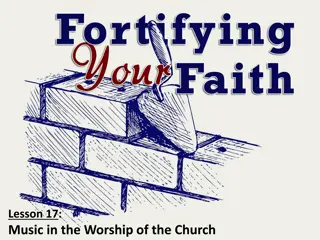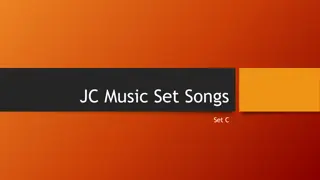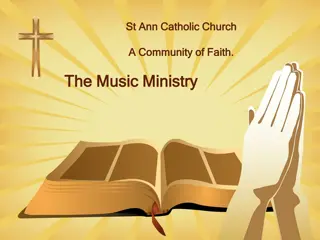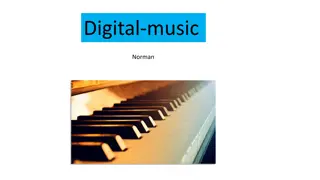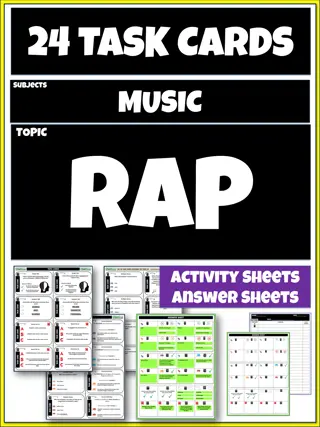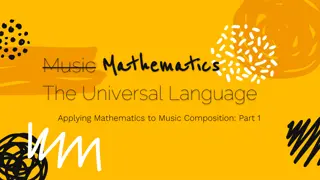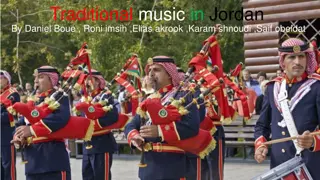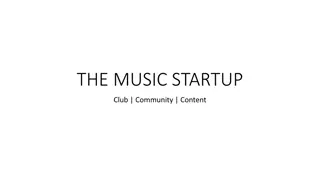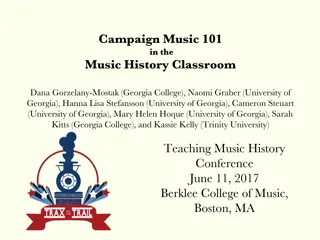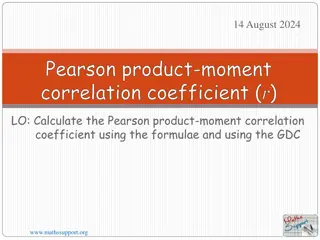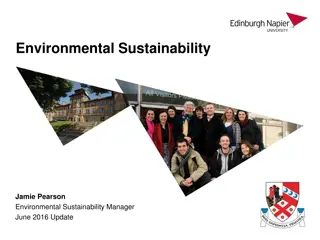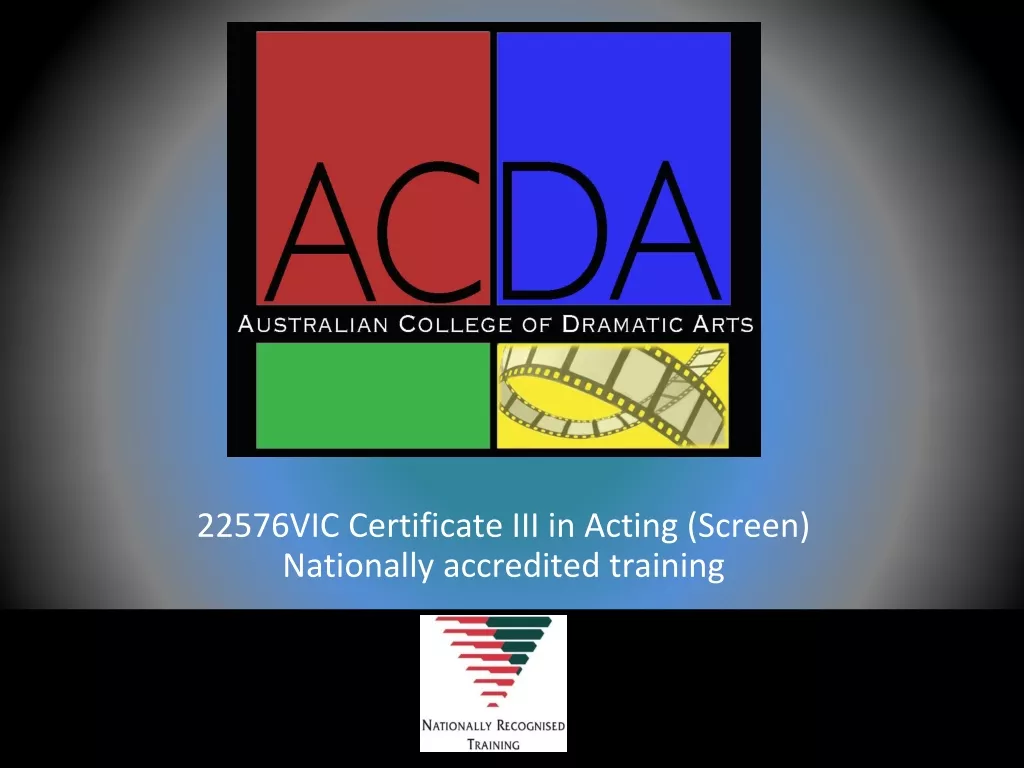Pearson BTEC L3 National Extended Certificate in Music Performance
This course at St. Mary's Sixth Form & Leadership Centre provides a comprehensive foundation in music theory, practical skills, and professional practices for students aiming to pursue higher education or careers in the music industry. With a focus on practical music theory, harmony, professional practice, and ensemble music performance, students develop essential skills and knowledge to excel in various music-related fields.
Download Presentation

Please find below an Image/Link to download the presentation.
The content on the website is provided AS IS for your information and personal use only. It may not be sold, licensed, or shared on other websites without obtaining consent from the author. Download presentation by click this link. If you encounter any issues during the download, it is possible that the publisher has removed the file from their server.
E N D
Presentation Transcript
St Marys Sixth Form & Leadership Centre Pearson BTEC L3 National Extended Certificate in Music Performance 601/7090/6 Everyone is equal, everyone deserves the best
Subject Pre-requisites Level 2 in Music Previous experience of instrumental or vocal performances to an audience/recording Grade 5 or equivalent in chosen instrument/voice Useful to have Grade 5 Theory Useful to have experience using Cubase/Logic or other sequencing software for composition and recording
Course Breakdown The course includes 4 units of work designed to support student progression into higher education and/or directly into the music sector There are 3 mandatory units covering music theory and harmony, professional practice in the music industry, ensemble music performance and a further optional unit designed to support progression into specific music courses and/or occupational areas such as: composing music, improvising music and solo performance
Course Breakdown: Unit 1 Practical Music Theory and Harmony Students produce a report or video tutorial to explain and demonstrate the following: Signs and symbols used in musical notation The application of melodic composition based on musical elements The application of chords and cadences for composition or arrangement Production of accurate musical notation for performance
Course Breakdown Unit 2 Professional Practice in the Music Industry Students explore what it is that makes someone a professional in the music industry and how to put forward a bid for work. This unit includes project planning, budgeting and a presentation that are all completed under supervised conditions as a response to a scenario set by the examination board.
Course Breakdown: Unit 3 Ensemble Music Performance Students work as part of a musical ensemble and develop their skills and techniques in rehearsal and performance. In addition to the practical performance recordings, students are expected to plan, set targets, make adaptations in rehearsal and evaluate their own rehearsals/performances and choices of material
Course Breakdown: Specialist Unit Students will choose from the following options: Solo Performance: Students will produce an Instructional article describing the skills that solo artists require (on chosen instrument or voice) A practice plan and regular recordings of practice sessions/diary and witness accounts of rehearsals Final recital recording and observational statements. Composing Music: Students will produce a personal portfolio of original compositions utilising complex and contrasting techniques, presented in appropriate formats including cue sheets, edit pages and the conventional score.
Mode of Study Activities can include: Practical rehearsals, recordings and studio sessions (Logic/Cubase sequencing and arranging) Research into the industry (computer-based) and professional quality presentations and evaluations Recorded meetings and conversations Advanced score writing and theory of music sessions including opportunities to study for ABRSM Theory Of Music examinations to further support learning NB: In addition to these activities, students will be expected to rehearse extensively outside of the classroom in order to maximise their own progression on their chosen instrument or voice and develop their own personal portfolios.
Mode of Assessment Practical Music Theory and Harmony (Mandatory Unit Internal Assessment) Professional Practice in the Music Industry (Mandatory Unit 5 hours supervised Externally Assessed) Ensemble Music Performance (Mandatory Unit includes a 2 hour written paper - External Assessment) Composing Music or Solo Performance (Option Unit - Internal Assessment)
Post 18 Links This course is recognised by higher education providers as meeting admission requirements for many relevant courses, for example: BA (Hons) Music BA (Hons) Media Studies BA (Hons) Hospitality, Leisure, Sport and Tourism Potential Sectors of Employment: Song Writing Recording & Producing Performing Music Business & Touring Music Education Music Health
Follow us on @SMHSixth Everyone is equal, everyone deserves the best
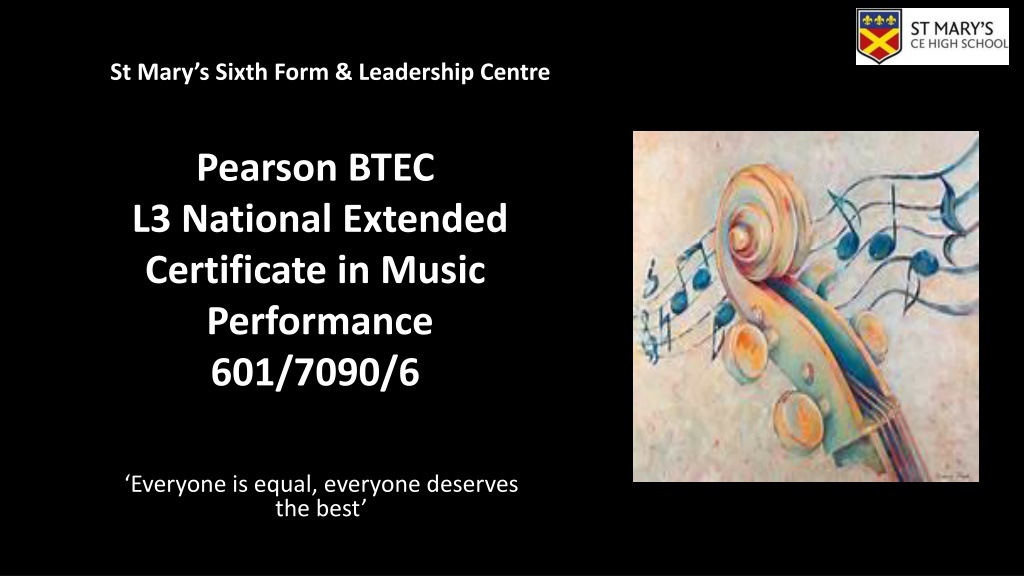

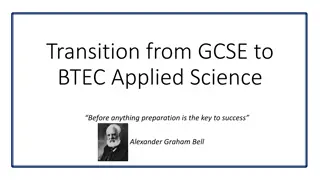
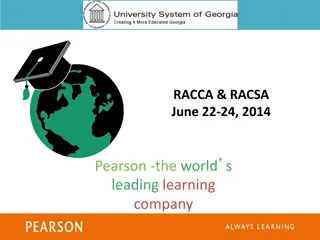
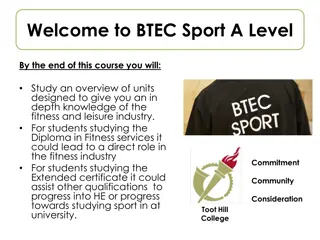
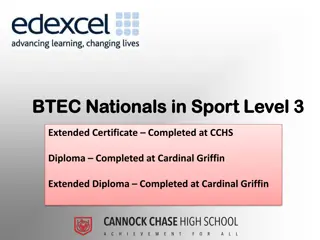
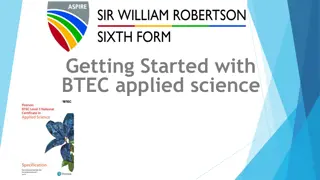
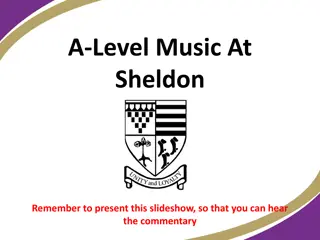
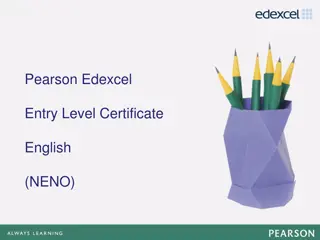
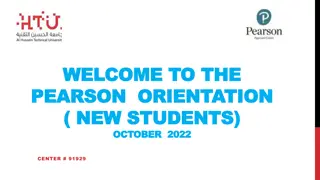
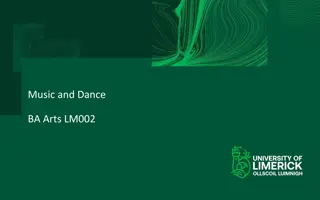


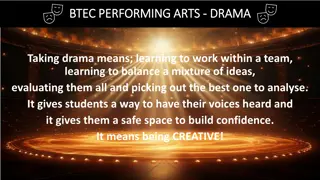
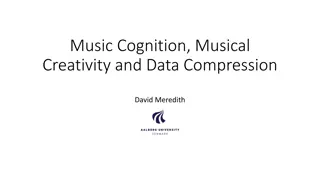
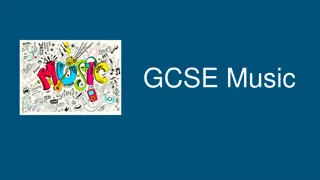
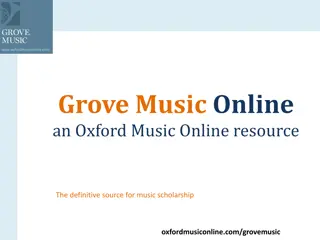
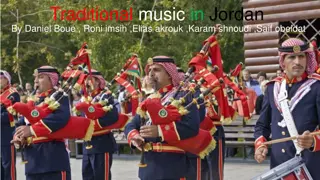
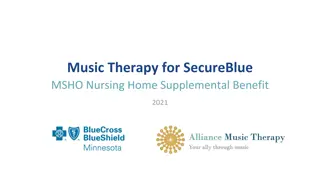




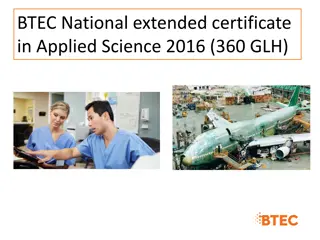
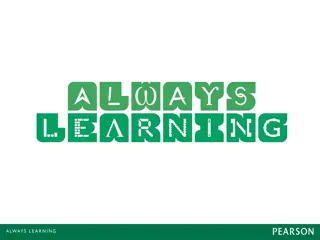
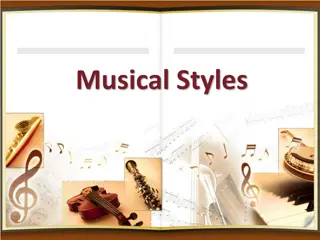
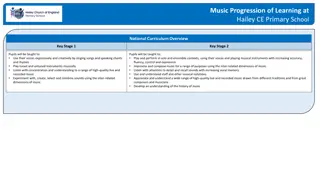
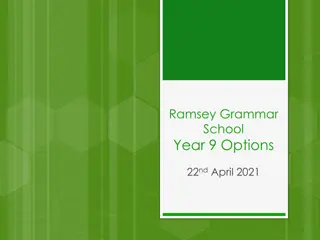

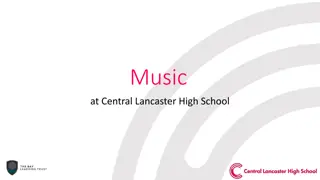
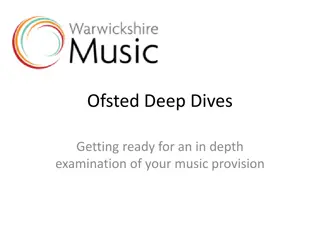
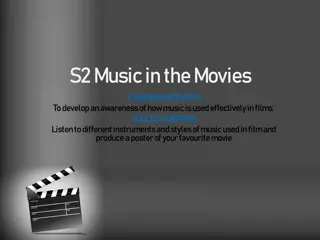
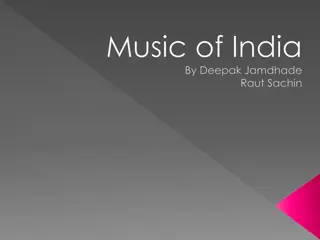

![Explore the Exciting World of Live Music Through [Insert Town/City] Census!](/thumb/148894/explore-the-exciting-world-of-live-music-through-insert-town-city-census.jpg)
